The Tell-Tale Heart – Edgar Allan Poe
📝 Mini-cours GRATUIT
🎲 Quiz GRATUIT
📄 Annale PREMIUM
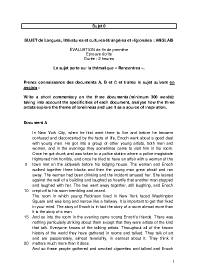
Sujet zéro - Thématique « Rencontres » / Solitude
🍀 Fiches de révision PREMIUM

Ta spécialité décryptée

Argumenter / Lier ses idées
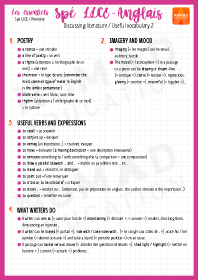
Discussing literature / Useful vocabulary (Partie 2)
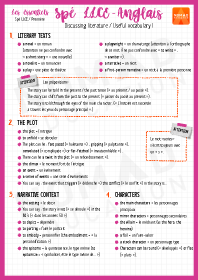
Discussing literature / Useful vocabulary (Partie 1)
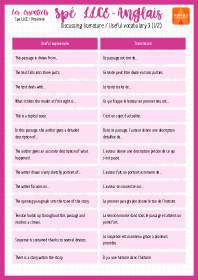
Discussing literature / Useful vocabulary (Partie 3)

Rencontres / Quotations
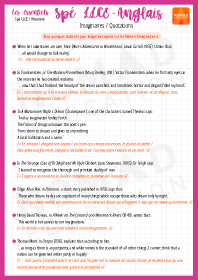
Imaginaires / Quotations



